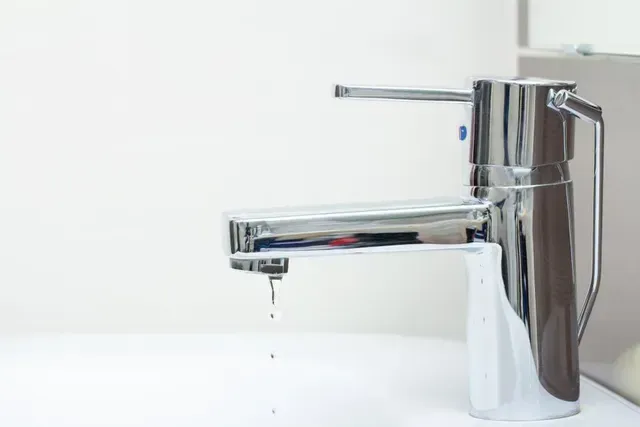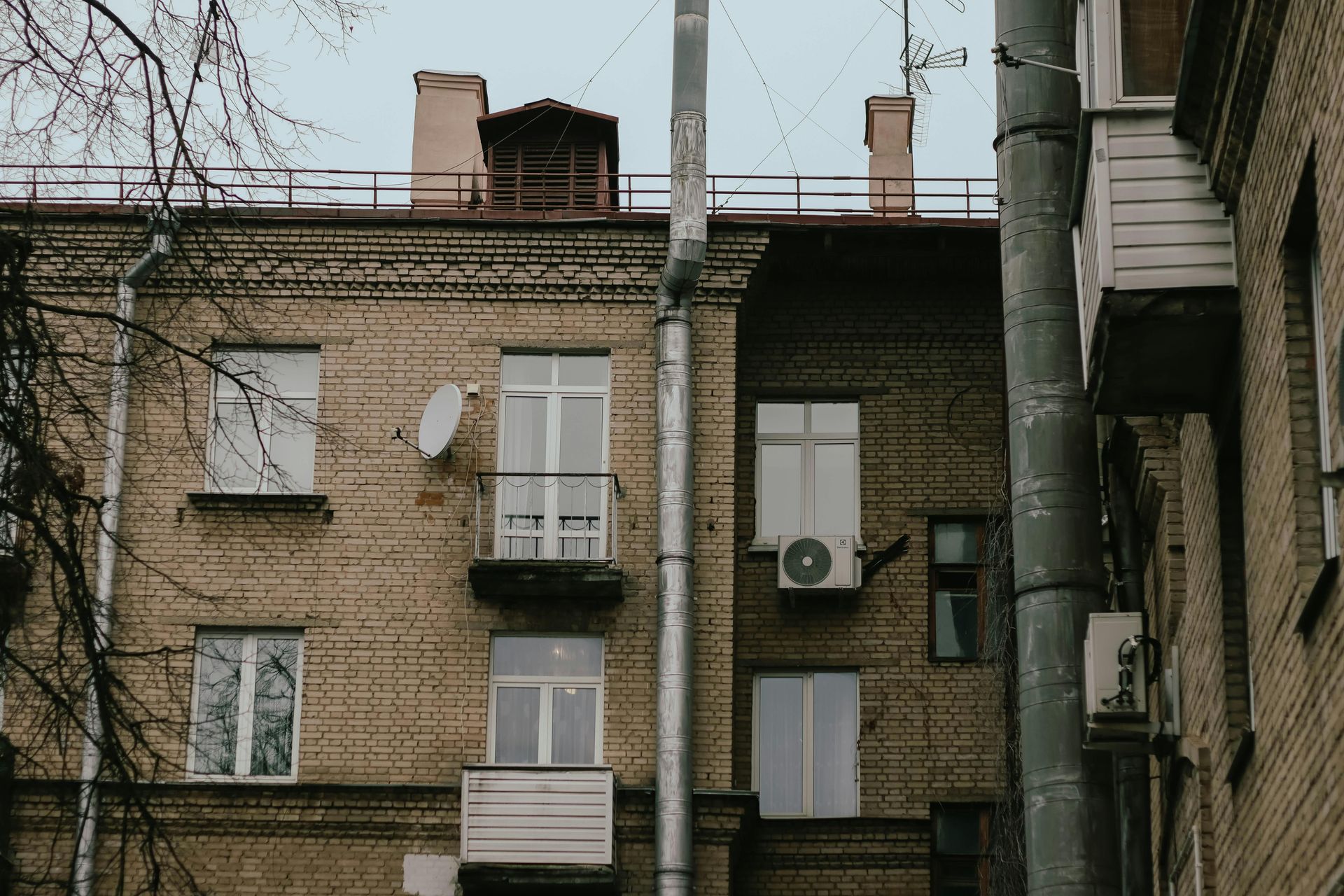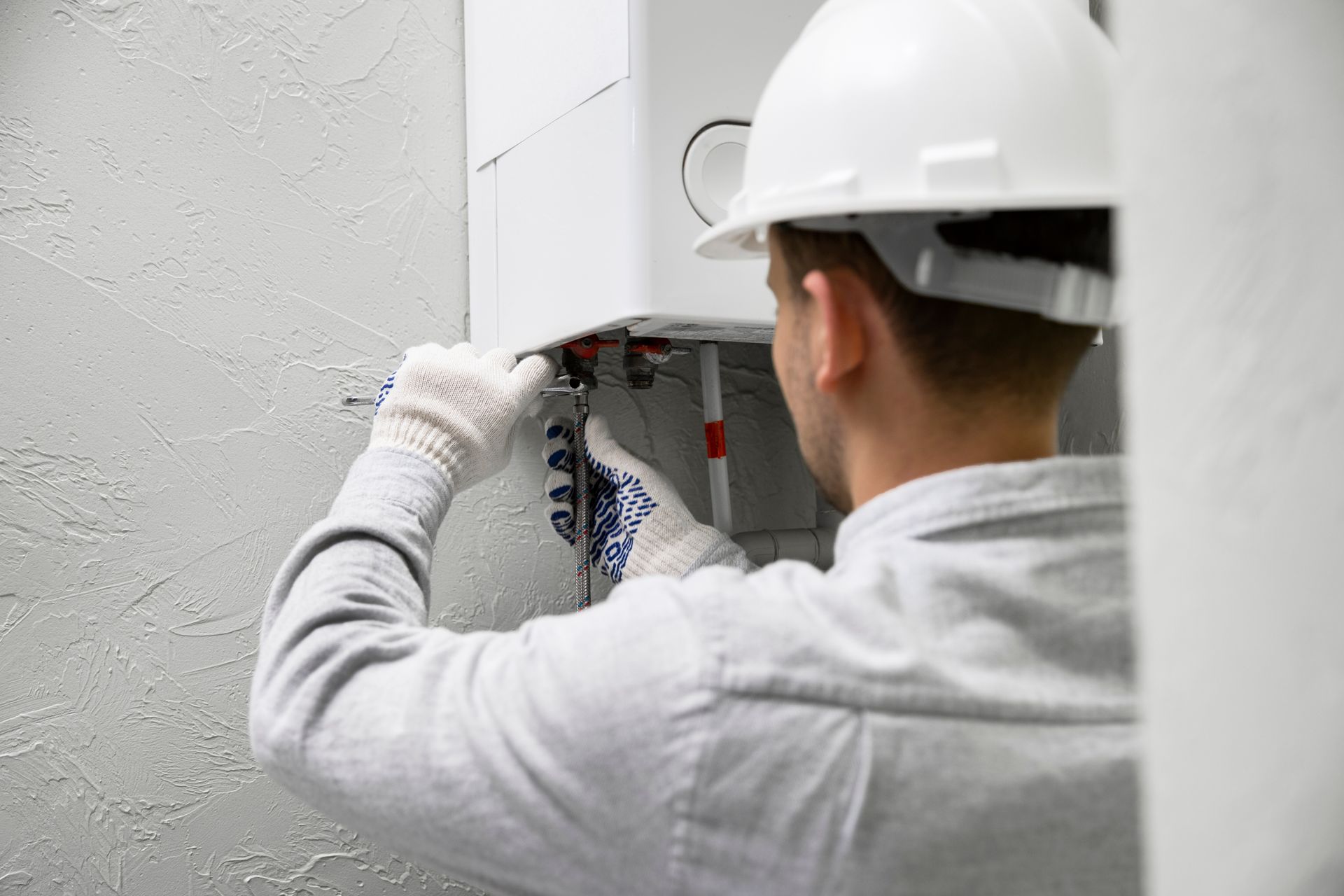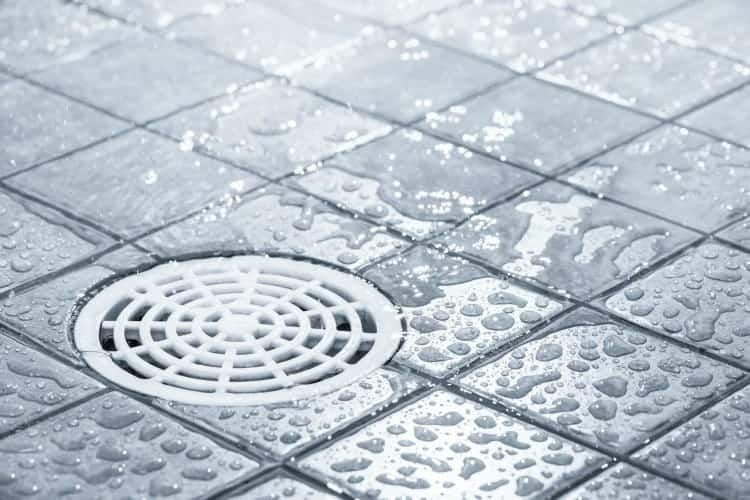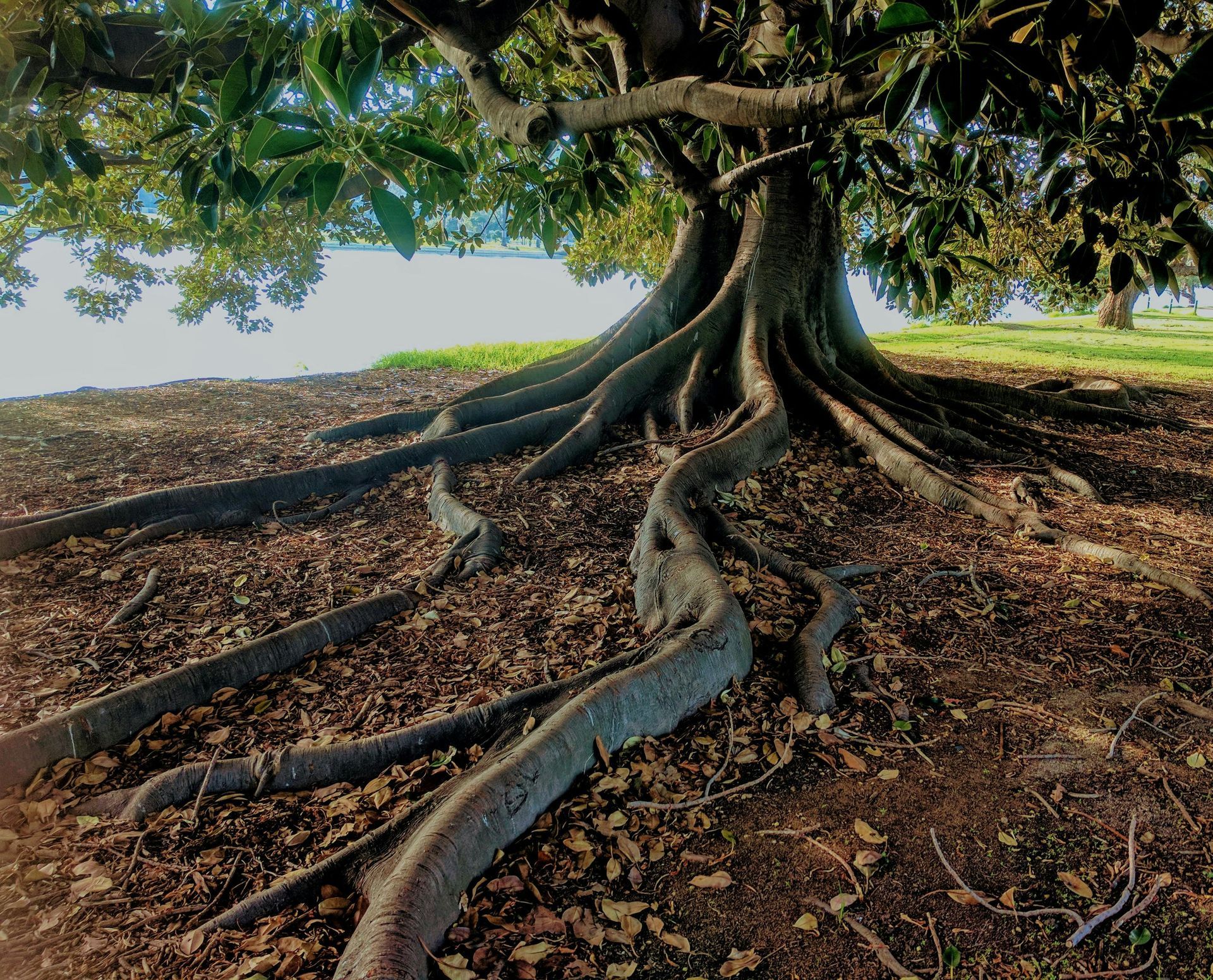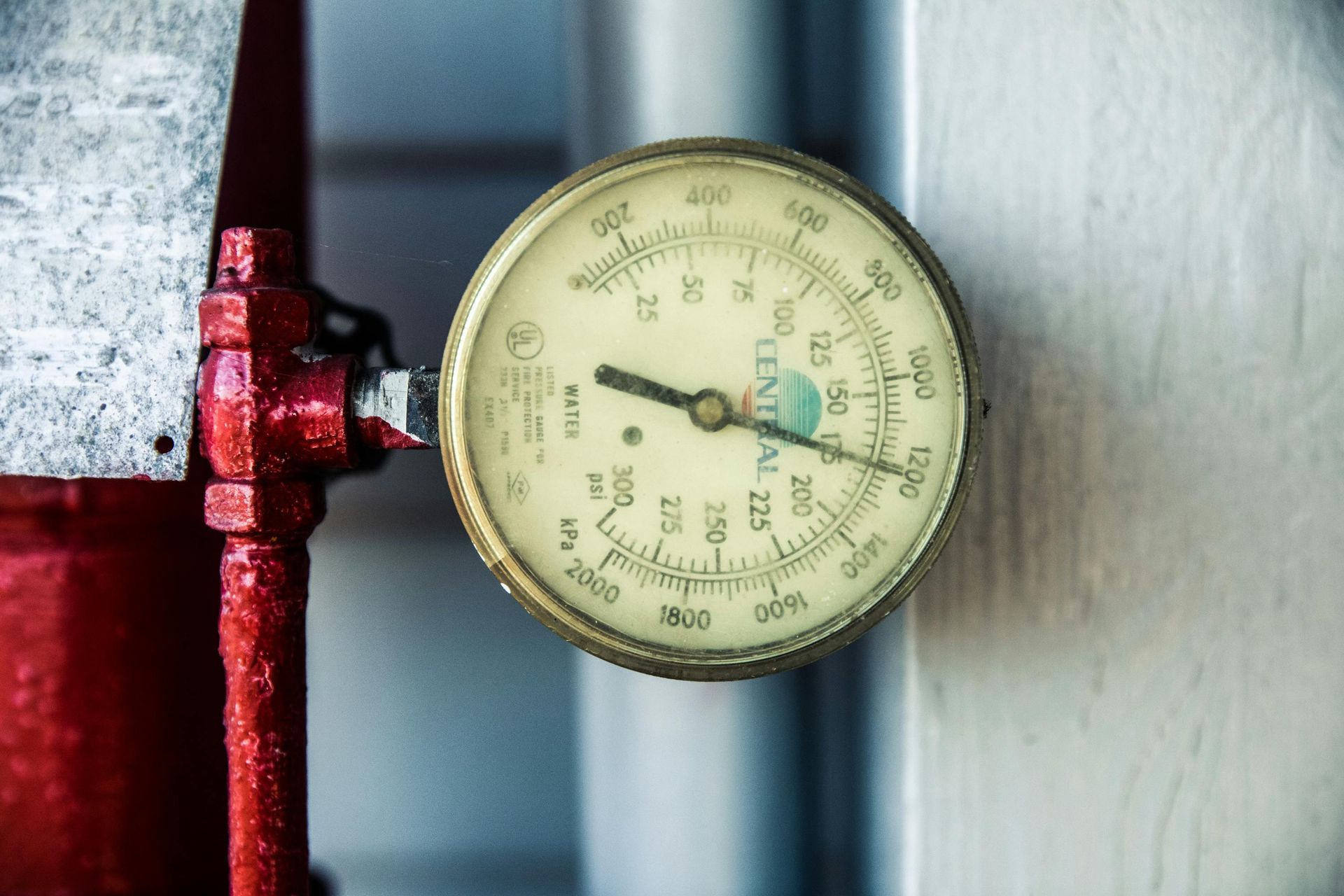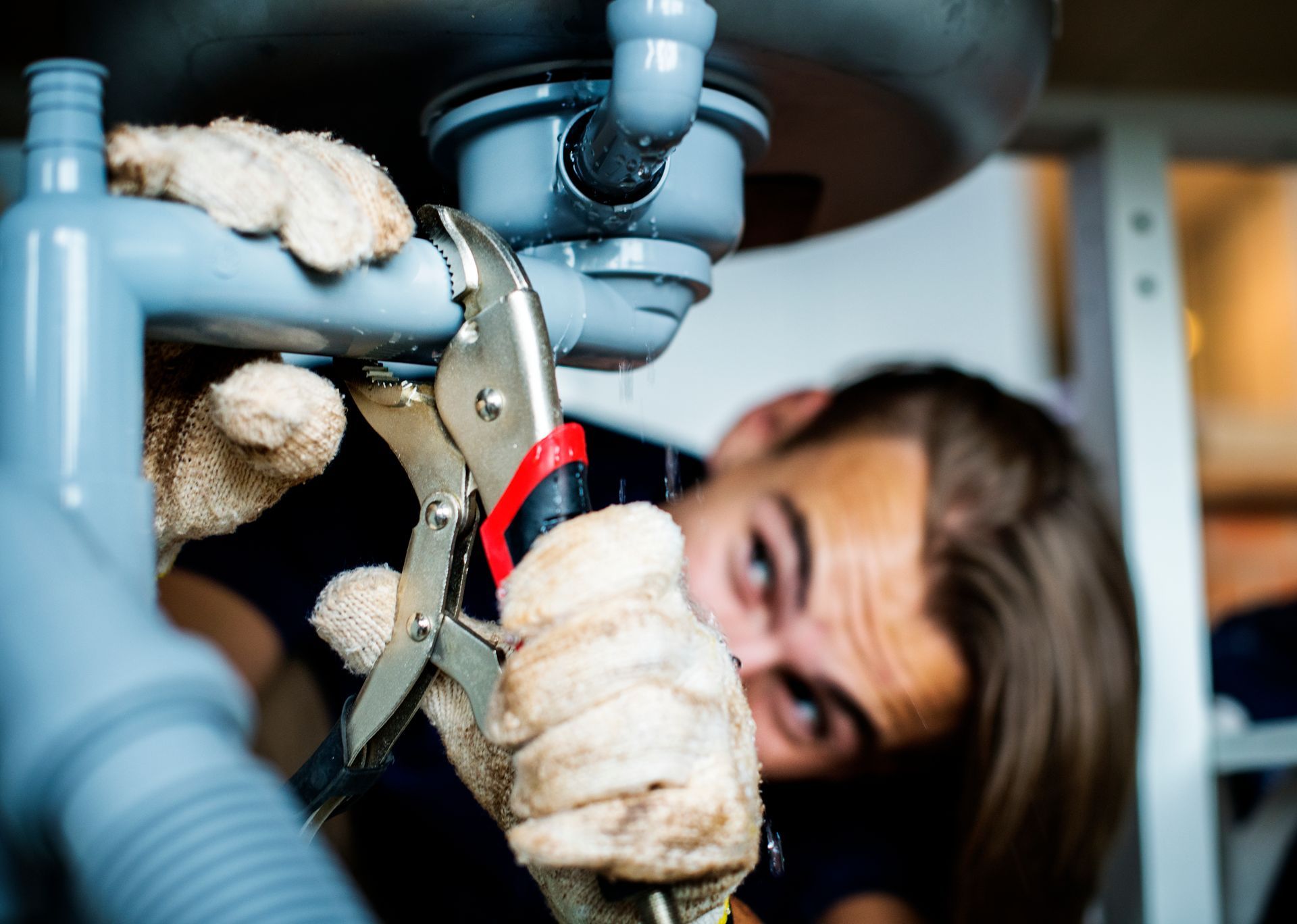How Plumbers Diagnose And Resolve Water Hammer Noises?
Water hammer noises, characterized by loud banging or knocking sounds within a home's plumbing system, are a common and frustrating issue for many homeowners. These noises occur when moving water suddenly stops or changes direction, causing a pressure shockwave to travel rapidly through the pipes. If left untreated, water hammer can lead to pipe damage, leaks, and costly repairs. Licensed plumbers, such as those from All City Plumbers, possess the experience and tools needed to accurately diagnose and effectively resolve this plumbing problem. This article explores in detail how plumbers approach water hammer diagnosis and the various solutions they employ to protect the plumbing system.
Understanding Water Hammer: The Foundation for Diagnosis
Before diagnosing, plumbers must understand the mechanics underlying water hammer. When a valve or faucet closes abruptly—such as when a washing machine stops filling or a toilet flushes—the sudden halt in water flow transforms the water's kinetic energy into a high-pressure shockwave. This wave travels through the pipes at high speed, striking pipe walls and fittings with force, generating the signature “banging” noise.
Water hammer is often exacerbated by factors such as high water pressure, inadequate or waterlogged air chambers (which normally cushion pressure surges), loose or improperly secured pipes, and aging plumbing components. Diagnosing water hammer requires careful attention to these variables to pinpoint exact causes and locations of noise within the system.
Step 1: Identifying Symptoms and Noise Sources
The diagnostic process begins with understanding when and where the sounds occur. Plumbers ask homeowners detailed questions: Does the hammering happen when specific appliances, like dishwashers or washing machines, turn off? Is the noise continuous or intermittent? Are there signs of pipe movement or vibration?
Listening carefully to the timing and pattern of the noises helps plumbers narrow potential problem areas. For example, water hammer noises immediately after closing a washing machine valve often indicate rapid valve closure as the cause. In contrast, random banging noises may suggest loose pipes or failing air chambers.
Step 2: Conducting a Thorough Physical Inspection
After symptom assessment, plumbers inspect visible plumbing sections, checking for:
- Pipe Mounting and Supports: Loose or missing pipe straps allow pipes to move and amplify banging sounds. Tightening or replacing mounts often alleviates noise.
- Air Chambers: Traditional air chambers near valves absorb pressure shocks. Over time, these chambers can fill with water (waterlogging) and lose effectiveness. Plumbers may test for waterlogged chambers by draining the system to restore air cushions.
- Water Pressure Levels: Excessively high water pressure increases the force of shockwaves. Using pressure gauges, plumbers measure home water pressure, which ideally should be between 40 and 80 psi. If pressure is too high, plumbers recommend pressure-reducing valves.
- Pipe Material and Condition: Aging or corroded pipes can worsen water hammer effects and be more prone to damage. Plumbers check for signs of wear that might necessitate waterline repair and replacement.
Step 3: Advanced Diagnostic Techniques
In some cases, water hammer sources are difficult to locate or are caused by hidden issues like hard-to-find leaks or faulty internal valves. Licensed plumbers from firms like All City Plumbers utilize specialized tools such as:
- Acoustic Leak Detectors: These help in detecting hard-to-find leaks early by capturing sound signals of escaping water pressure.
- Water Hammer Arrestors Testing: Plumbers test existing arrestors—sealed devices that absorb shock—and determine their effectiveness.
- Thermal Imaging or Video Pipe Inspection: These allow visualization of pipe interiors and connections without invasive removal.
Step 4: Implementing Effective Solutions
Once the diagnosis is complete, plumbers proceed with corrective actions tailored to the issues identified:
- Installing Water Hammer Arrestors: These devices are often preferred over traditional air chambers because they include a sealed piston or spring mechanism that provides consistent cushioning of pressure surges, even when subjected to waterlogging. Arrestors are mounted near quick-closing valves, such as those on dishwashers or washing machines.
- Adjusting or Adding Air Chambers: For systems still using traditional chambers, plumbers may drain and refill pipes to restore air cushions or install new chambers.
- Securing or Replacing Pipe Supports: Tightening loose pipes or installing additional straps minimizes pipe movement and vibration noise.
- Water Pressure Regulation: If high pressure contributes to water hammer, plumbers install or adjust pressure-reducing valves to optimize safety and reduce shockwave intensity.
- Waterline Repair and Replacement: In older homes where pipes are degraded, comprehensive waterline repair and replacement may be necessary to prevent ongoing water hammer damage and improve overall system integrity.
Preventive Maintenance and Ongoing Monitoring
Plumbers also emphasize the importance of regular maintenance in preventing water hammer recurrence. Incorporating an annual plumbing checklist allows homeowners and professionals to monitor pressure levels, inspect arrestors and air chambers, and detect leaks early. Proactive maintenance supports long-term plumbing health and safety, reducing the risk of sudden noises and costly repairs.
Conclusion
Diagnosing and resolving water hammer noises requires a systematic approach combining careful observation, physical inspection, use of advanced diagnostic tools, and professional application of targeted solutions. Licensed plumbers like those at All City Plumbers bring critical expertise to this task, offering services ranging from basic adjustments to comprehensive waterline repair and replacement. Their ability to detect and address hard-to-find leaks early in the process further enhances plumbing system durability and homeowner peace of mind. By entrusting water hammer issues to skilled professionals, homeowners can effectively eliminate disruptive noises and safeguard their plumbing infrastructure for years to come.


